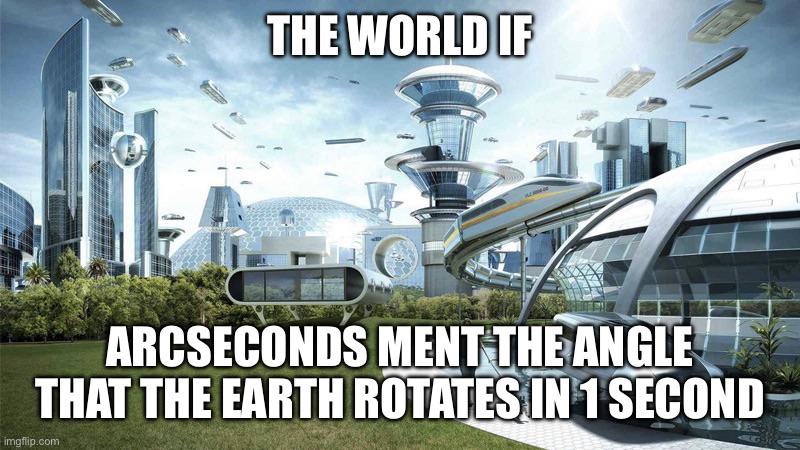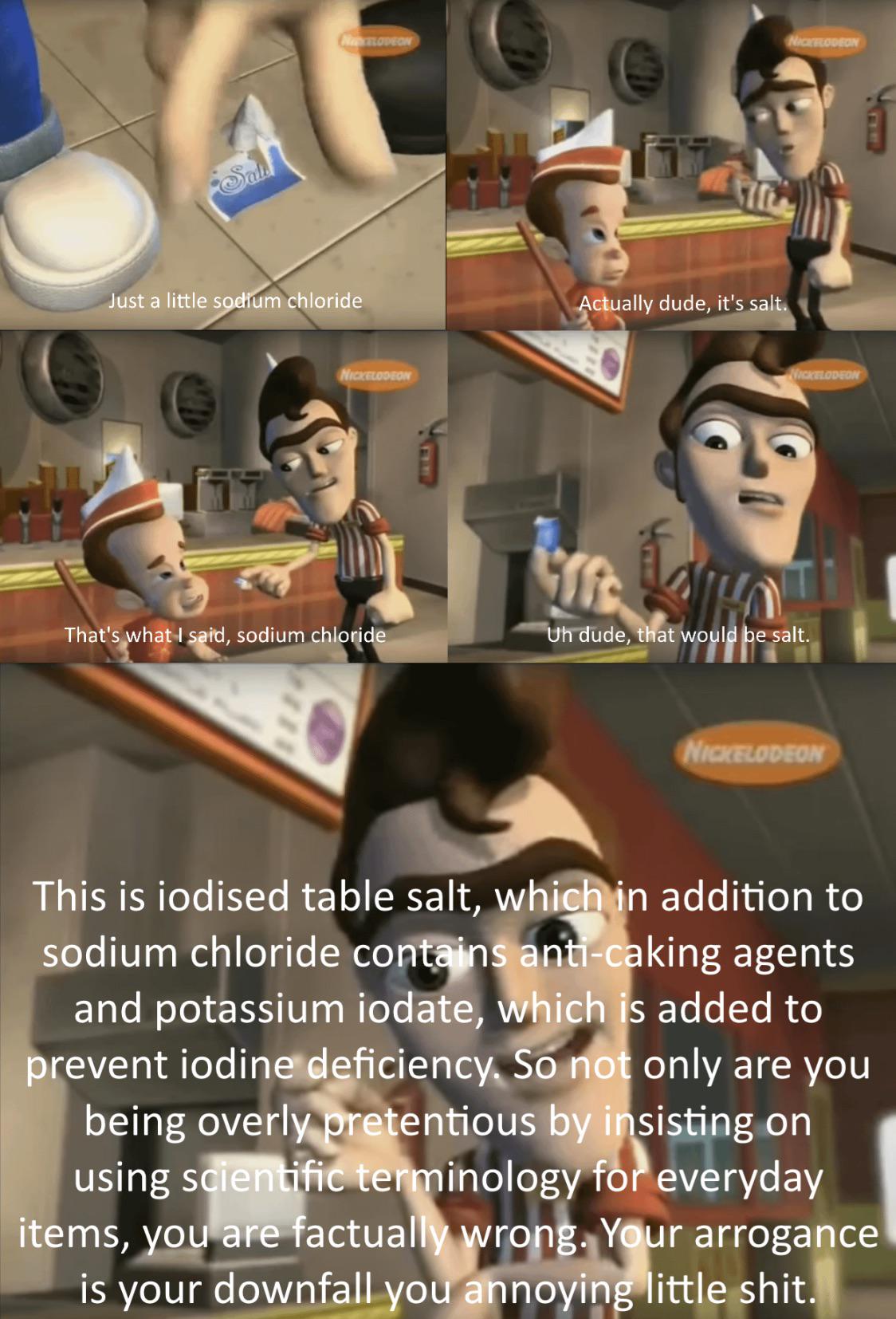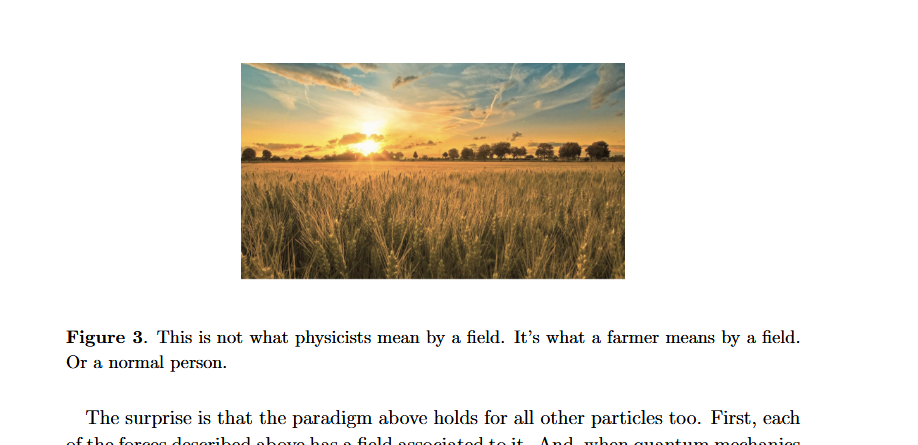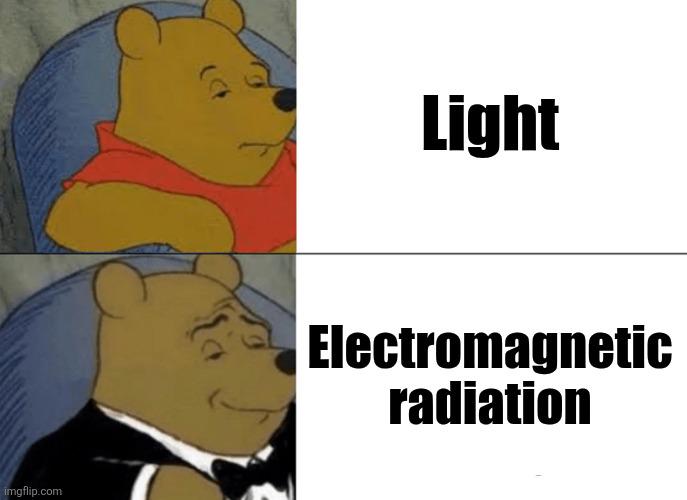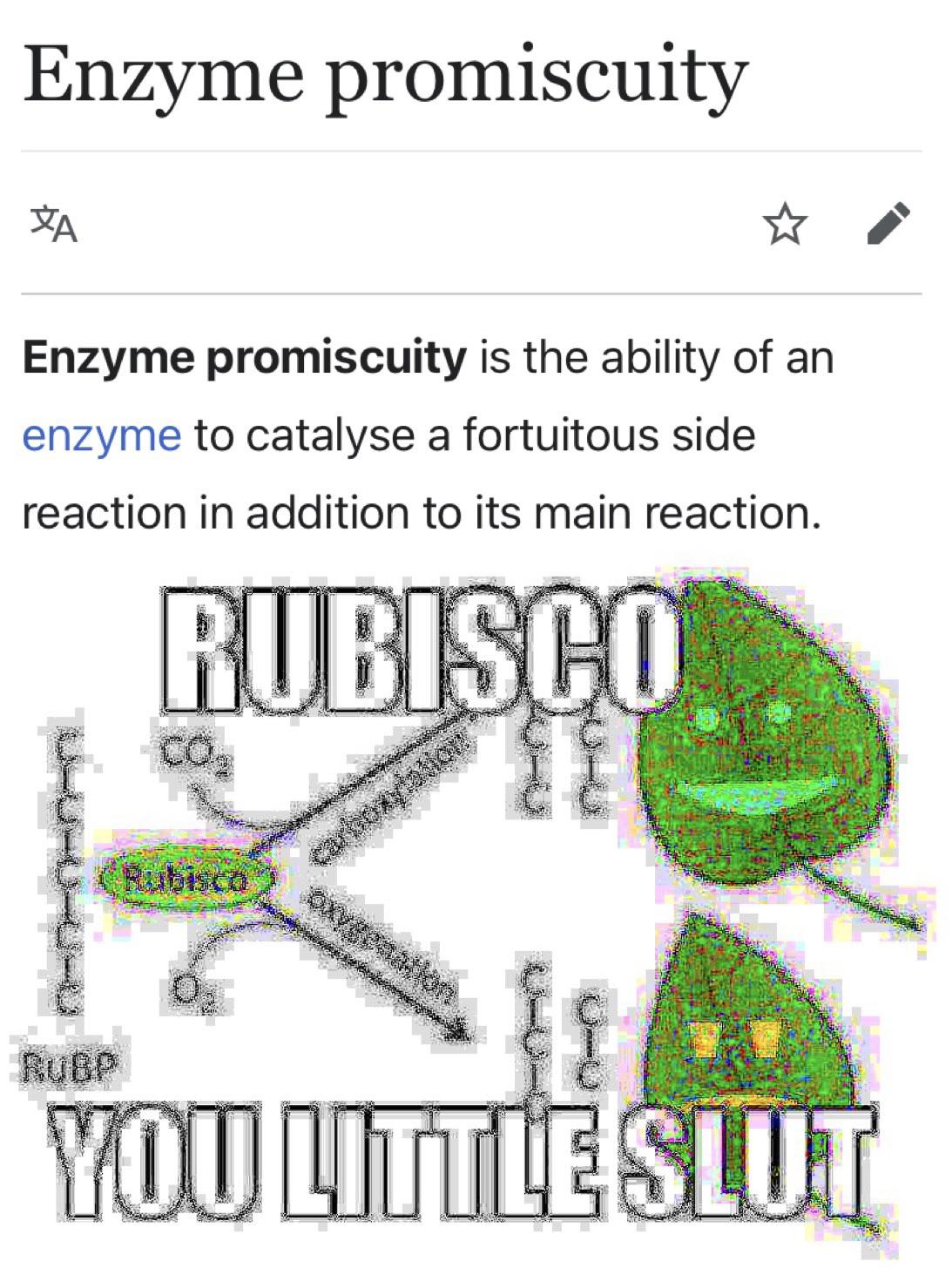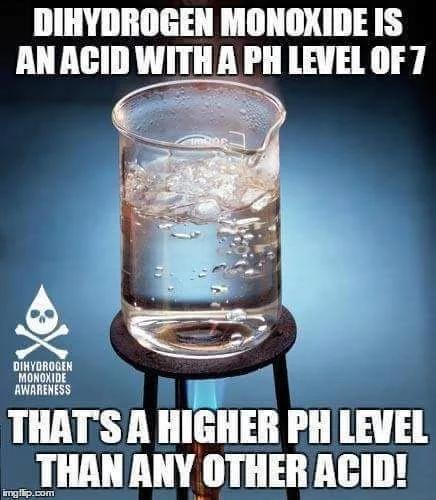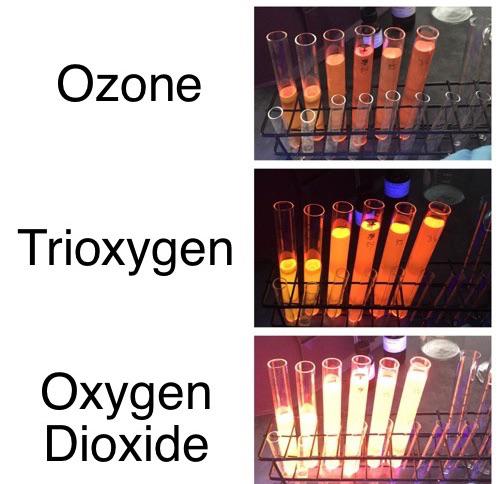The ultimate scientific turf war! Chemists spend decades meticulously organizing the periodic table into metals, non-metals, metalloids, noble gases, halogens, and more... meanwhile astronomers are over there like "not hydrogen or helium? METAL!" In astronomy, literally everything heavier than helium gets lumped into the "metals" category, even non-metallic elements like oxygen, carbon, and nitrogen. Imagine a chemist's horror when hearing carbon—the foundation of organic chemistry and decidedly NOT a metal—being casually called a "metal" by their stargazing colleagues. The periodic table just shed a single tear.


 Academia
Academia
 Ai
Ai
 Astronomy
Astronomy
 Biology
Biology
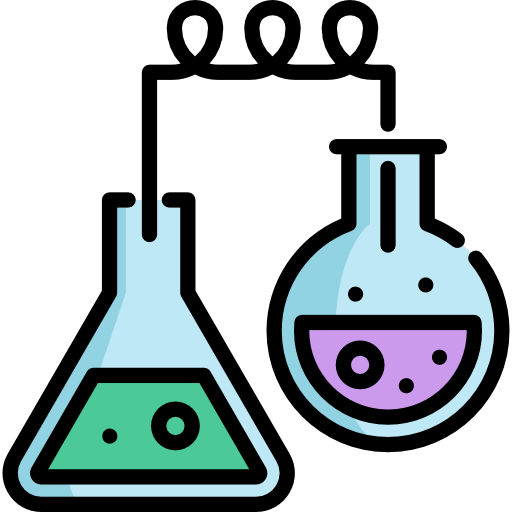 Chemistry
Chemistry
 Climate
Climate
 Conspiracy
Conspiracy
 Earth-science
Earth-science
 Engineering
Engineering
 Evolution
Evolution
 Geology
Geology

